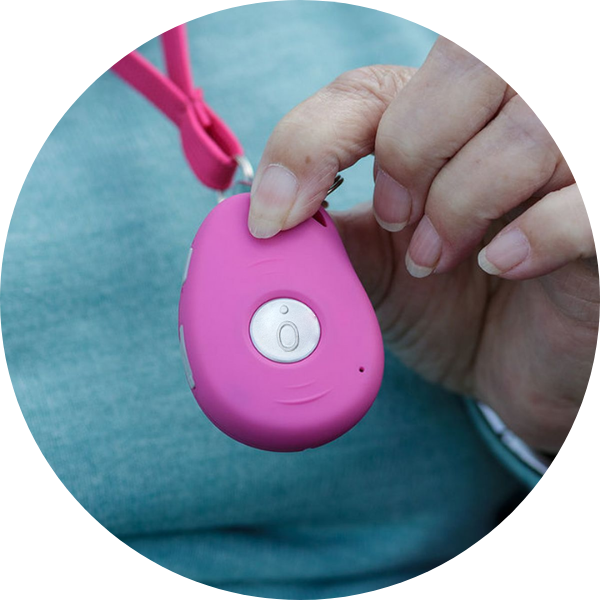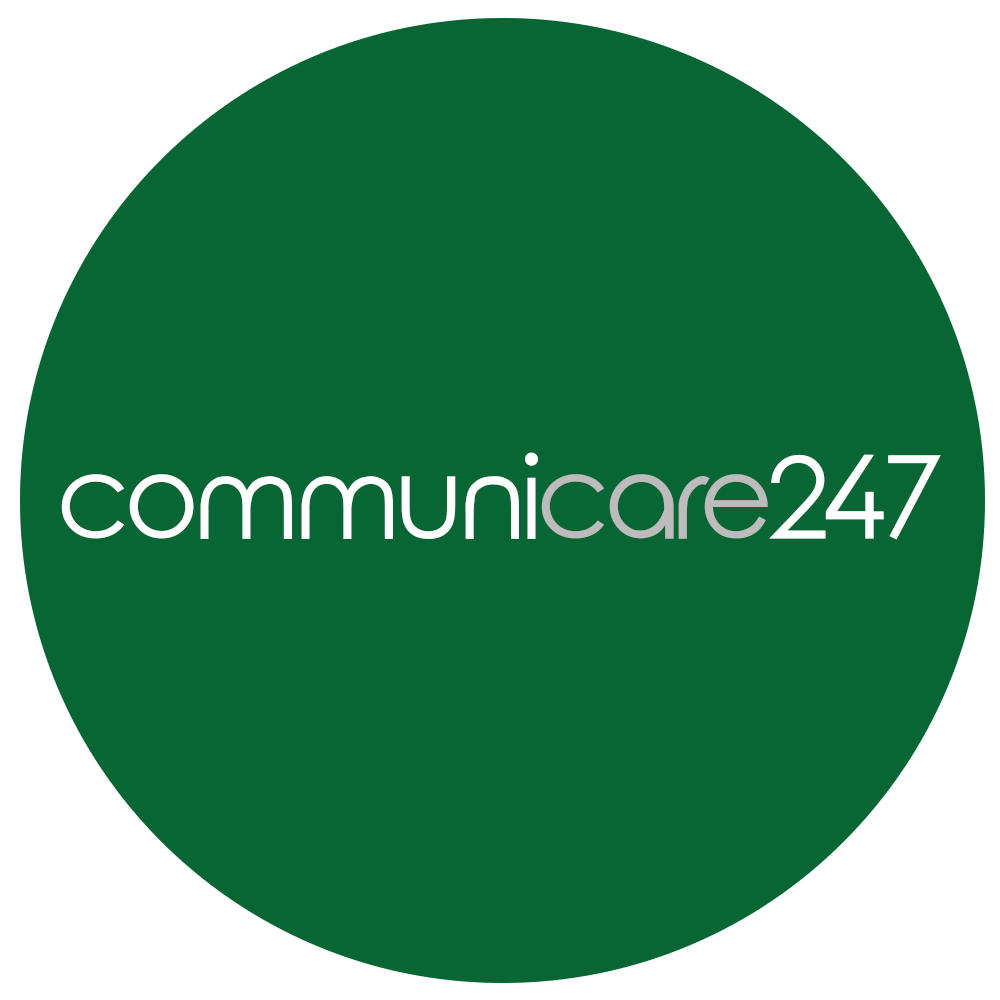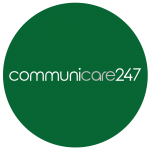Key Facts
- 30% of people aged 65 and older will fall at least once a year. For those aged 80 and older, it is 50%.
- Falls are the number one reason that older people are taken to A&E
- Falls cost the NHS over £2 billion per year and over 4 million in day beds
- Unaddressed hazards in the home cost the NHS in England up to £435 million
- In around 5% of cases, a fall leads to a fracture and hospitalisation
Falling can happen to anyone, but for older adults, the risk is particularly high and the consequences can be severe.
Falling can cause significant injury and psychological impact to older adults. Falls are the leading cause of traumatic brain injuries for older adults, and in 5% of cases, can cause fractures, leading to extended recovery periods in hospital. Falls not only cause physical injuries, but severely impact an older person’s confidence and levels of independence. Falls can cause older people to avoid physical activity due to fears of falling again, which in turn, can be detrimental to their health by leading to functional decline and decreased quality of life.
There are around 255 thousand fall-related emergency hospital admissions in England among patients 65 and over each year – around 30% of these adults aged 65 and older will fall at least once per year in the UK, and for those aged 80 and over, 50% are likely to fall. Statistics show that falls are the number one reason older people are taken to A&E, and each year, can cost the NHS up to £2 billion and over £4 million in day beds.
By preventing falls and reacting quicker to falls in older adults, we can improve the quality of life of older adults, and drive down costs faced by the NHS.

What causes falls in older people?
Falls can occur for multiple reasons and are usually a result of the interplay of multiple risk factors. These risk factors can include:
- Existing medical conditions (including Parkinson’s, dementia, poor vision or frailty caused by a previous injury)
- Effects from commonly prescribed medicines or combined medication (polypharmacy)
- Physiological changes such as poor eyesight, loss of muscle strength and balance
- Environmental hazards such as ill fitting shoes, poor lighting, slippery surfaces
- Lifestyle, including excessive alcohol or lack of physical inactivity
How can you prevent falls?
As stated above, falls can occur due to a multitude of risk factors that often overlap. To prevent a fall in the home, it’s important to consider your environment and personal risks, and devise a plan to reduce these risks. Some tips to help prevent falls in the home include:
Improving your environment
- One way to reduce falls in the home is to improve your home environment. This can include:
- Immediately mopping up spillages
- Removing clutter, trailing wires and frayed carpets
- Using non slip mats and rugs
- Making sure all rooms, passages and stairways are well lit
- Organising your home so that climbing, stretching and bending are kept to a minimum and to avoid bumping into things
Improving your clothing
Clothing can be a major factor in the likelihood of falling. To reduce this likelihood, consider:
- Not walking on slippery floors in socks or tights
- Not wearing loose-fitting, trailing clothes that might trip you up
- Wearing well-fitting shoes that are in good condition and support the ankle
Improving strength and balance
A major cause of falls are due to poor balance and muscle strength. Improving your own physical strength can help reduce falls. If you are able, perform a form of physical activity once per day – this can include doing things you already enjoy, such as going for short walks, or dancing. The NHS has some great guidelines to support you, click the links below to find out more.
- NHS – Physical activity guidelines for older adults
- NHS – Balance Exercises
- NHS – Strength and balance exercises

Implementing support measures
Another way you can prevent falls is by putting support measures in place. This can include getting more help from family and friends, or by implementing technology in the home. You should consider:
- Getting help to do things that you’re unable to do safely on your own
- Installing grab bars and handrails
- Using a walking frame or walking stick
- Wearing or using a fall prevention device, such as a personal safety alarm with built-in fall detection and alerting.
Considering the impact of medications
Medications can often cause drowsiness, confusion, visual impairment and more, especially when mixing doses with other medications. If an older adult has a fall and you think it may be due to their medication, consider:
- Reviewing medication to identify and review any medications that may be contributing to risk of falls.
- Alerting an older adult’s GP to changes in mobility, balance and coordination.
- Encourage the person taking medication to avoid sudden postural changes, especially when getting up in the morning
- Encourage the person to eat several meals per day
Fall detection and alerting with Communicare247
At Communicare247, we champion independence and empowerment. By offering technology that can be used in and out-with the home, we help older adults by improving their confidence to live independently and safely with measures in place to oversee their safety at home and in their communities.
Our Freedom Device is a comprehensive personal safety alarm that has SOS functionality, automatic fall detection and alerting, and GPS location monitoring built in, helping older adults to go outside with confidence knowing that help is only a button press away. With these features, older adults can improve their physical activity, helping to prevent future falls, whilst also providing the reassurance and immediate assistance needed in the event that a fall does occur.


About Communicare247
Communicare247 is a health and social care service provider which delivers connected care solutions. Using secure digital technology and monitoring services, we enable citizens to remain safe and independent in their own homes for longer. Cloud services and effective technology provide valuable reassurance for individuals receiving care and permits sharing of information with families and care providers. The service helps to support service commissioners in balancing their duty of care with practical efficiencies capable of meeting modern day audit and resource challenges.

